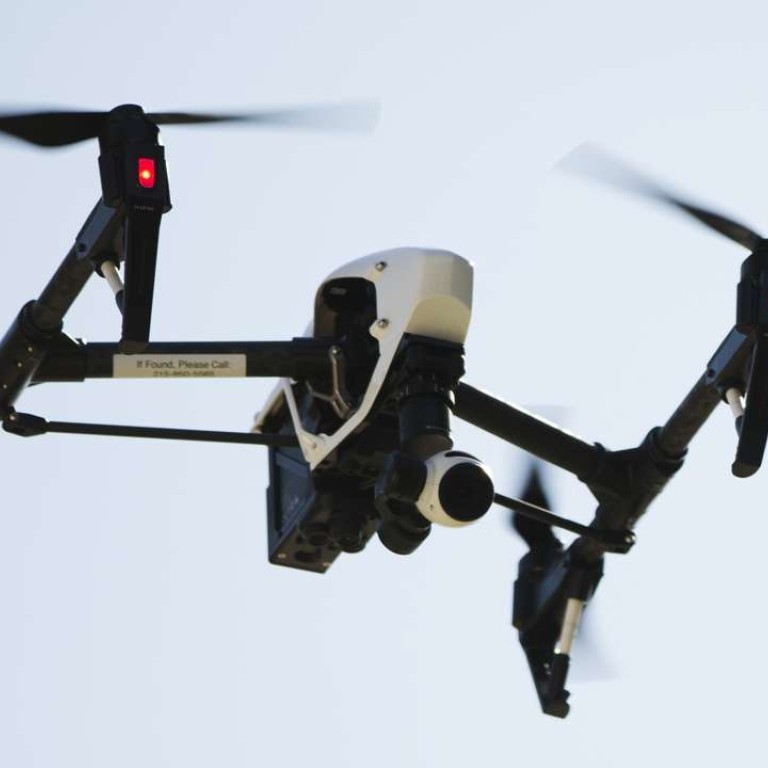
Drone grand prix on waterfront will give a major boost to city
I refer to your editorial, “Clear guidelines needed to regulate drones” (May 17).
While I agree that some regulation over the responsible use of drones is desirable, I caution against overreaction, and over-regulation.
Yes, drones flown “for recreational purposes only” are considered model aircraft by the Civil Aviation Department and do not need approval. But, just as at ground level, Hong Kong’s airspace is crowded, and as drones become cheaper, easier to use, and more accessible, more of them will be heading for the skies. So some form of regulation or control is probably needed.
To be fair, the Civil Aviation Department already has clear guidelines in place for the safe use of drones, and its permission is required for any commercial operation involving drones – what it terms “for hire or reward”.
Operators must also show “evidence of pilot competency” – in other words, a drone pilot qualification. Right now, the department accepts the British Basic National UAS Certificate (BNUC-S), which has been operating since 2011, and there is now a BNUC-S trainer and examiner in Hong Kong. Already, some 50 people here have taken the BNUC-S drone theory course, and more than 20 (including me) have gone on to complete a rigorous flight exam, and become fully qualified BNUC-S drone pilots.
All this is foundation, because the flip side to the “threat” of drones is the burgeoning growth in commercial drone applications across an expanding number of fields.
Drone-based aerial video and film is already well established, but there are growing applications in land surveying, mapping, construction site monitoring, agricultural vegetation and soil analysis, search and rescue, and structural inspection.
DJI – the world’s largest drone manufacturer with an estimated valuation of US$10 billion – is just across the border in Shenzhen. Its roots began in Hong Kong: its founders were all graduates of the University of Science and Technology.
There are also new entertainment opportunities. The growing sport of drone racing, and the recent World Drone Prix in Dubai have garnered world attention. Given that Hong Kong will be hosting its first Formula-E Grand Prix later this year, a drone grand prix around the waterfront, or around (and through) some old industrial buildings, would fit right in.
If Hong Kong and the government are serious about developing new technologies, new industries, and new attractions, let’s not kill this goose with “cross-departmental efforts” and consequent over-regulation, before it’s had time to take off (vertically).
Nick Foxall, Shek Kip Mei

